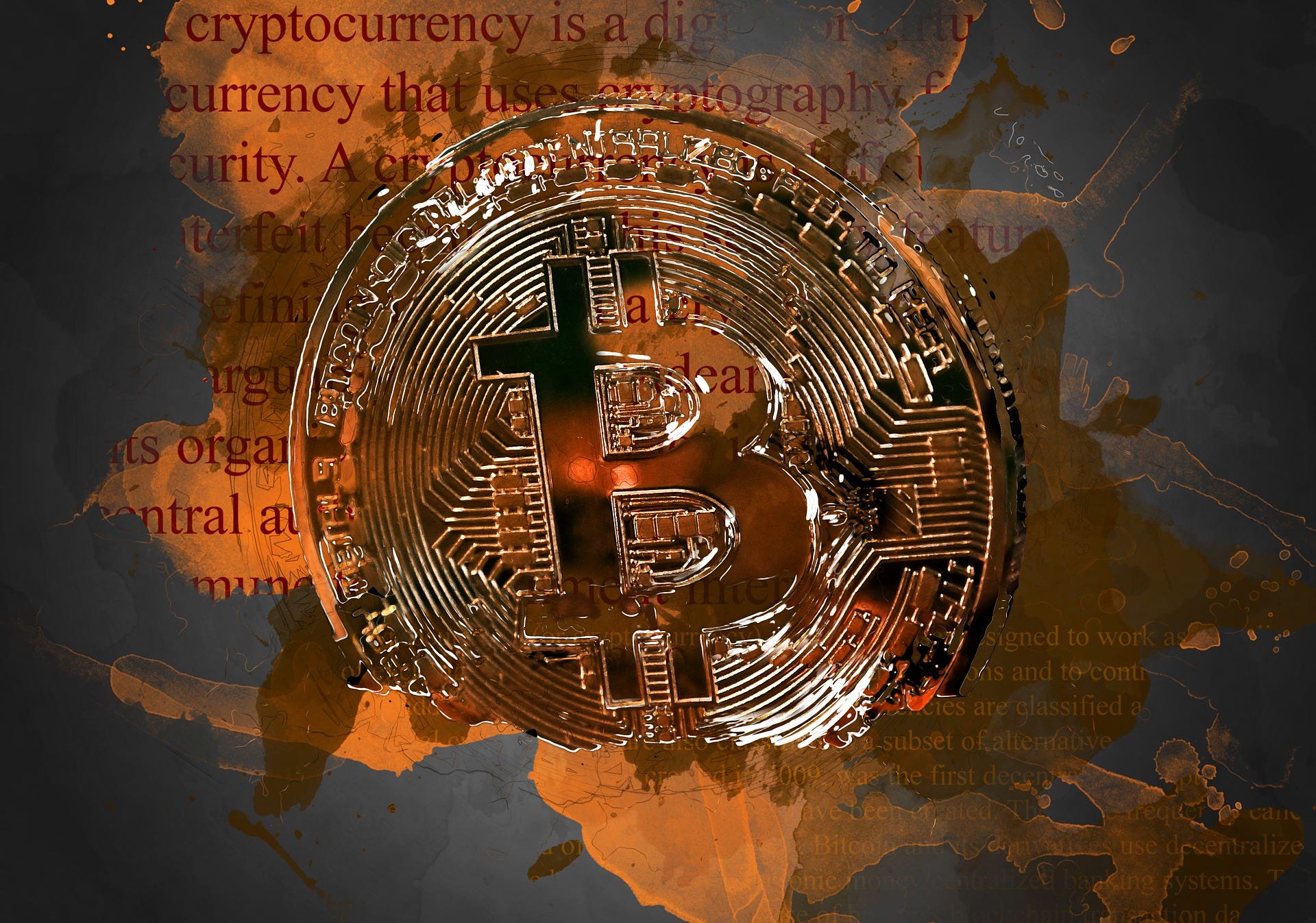PALO ALTO, Calif. (Reuters) - The Federal Reserve is looking at a broad series of problems around digital payments and currencies, including policy, style and legal considerations around possibly releasing its own digital currency, Governor Lael Brainard stated on Wednesday. Brainard's remarks recommend Get more information more openness to the possibility of a Fed-issued digital coin than in the past." By transforming payments, digitalization has the possible to deliver higher worth and convenience at lower expense," Brainard stated at a conference on payments at the Stanford Graduate School of Company.
Central banks globally are disputing how to manage digital finance technology and the dispersed ledger systems utilized by bitcoin, which promises near-instantaneous payment at possibly low cost. The Fed is establishing its own day-and-night real-time payments and settlement service and is currently evaluating 200 remark letters sent late last year about the suggested service's style and scope, Brainard stated.
Less than two years ago Brainard informed a conference in San Francisco that there is "no compelling showed need" for such a coin. But that was before the scope of Facebook's digital currency aspirations were extensively known. Fed officials, including Brainard, have actually raised concerns about customer protections and data and personal privacy hazards that might be presented by a currency that might come into usage by the third of the world's population that have Facebook accounts.
" We are collaborating with other main banks as we advance our understanding of reserve bank digital currencies," she said. With more nations looking into releasing their own digital currencies, Brainard stated, that contributes to "a set of factors to also be ensuring that we are that frontier of both research study and policy development." In the United States, Brainard stated, concerns that need study include whether a digital currency would make the payments system more secure or easier, and whether it might position financial stability threats, including the possibility of bank runs if money can be turned "with a single swipe" into the reserve bank's digital currency.

To counter the financial damage from America's extraordinary nationwide lockdown, the Federal Reserve has actually taken unprecedented actions, consisting of flooding the economy with dollars and investing straight in the economy. Most of more info these relocations got grudging acceptance even from many Fed doubters, as they saw this stimulus as needed and something only the Fed might do.
My new CEI report, "Government-Run Payment Systems Are Unsafe at Any Speed: The Case Against Fedcoin and FedNow," information the threats of the Fed's current strategies for its FedNow real-time payment system, and proposals for main bank-issued cryptocurrency that have been dubbed Fedcoin or the "digital dollar." In my report, I go over issues about privacy, data security, currency adjustment, and crowding out private-sector competitors and innovation.
Advocates of FedNow and Fedcoin state the federal government needs to develop a system for payments to deposit instantly, rather than encourage such systems in the economic sector by lifting regulative barriers. However as kept in mind in the paper, the economic sector is supplying a relatively limitless supply of payment technologies and digital currencies to fix the problemto the extent it is a problemof the time space in between when a payment is sent and when it is gotten in a savings account.
And the examples of private-sector innovation in this area are numerous. The Cleaning House, a bank-held cooperative that has actually been routing interbank payments in various types for more than 150 years, has been clearing real-time payments considering that 2017. By the end of 2018 it was covering 50 percent of the deposit base in the U.S.